To provide the best experiences, we use technologies like cookies to store and/or access device information. Consenting to these technologies will allow us to process data such as browsing behaviour or unique IDs on this site. Not consenting or withdrawing consent, may adversely affect certain features and functions.
The technical storage or access is strictly necessary for the legitimate purpose of enabling the use of a specific service explicitly requested by the subscriber or user, or for the sole purpose of carrying out the transmission of a communication over an electronic communications network.
The technical storage or access is necessary for the legitimate purpose of storing preferences that are not requested by the subscriber or user.
The technical storage or access that is used exclusively for statistical purposes.
The technical storage or access that is used exclusively for anonymous statistical purposes. Without a subpoena, voluntary compliance on the part of your Internet Service Provider, or additional records from a third party, information stored or retrieved for this purpose alone cannot usually be used to identify you.
The technical storage or access is required to create user profiles to send advertising, or to track the user on a website or across several websites for similar marketing purposes.
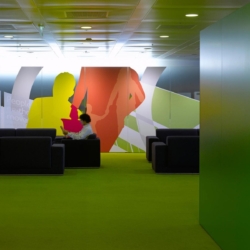 Better Buildings Partnership, together with BSRIA (Building Services Research and Information Association), has today published the joint report: Soft Landings: The Benefits to Commercial Property Owners. The commercial property sector is waking up to the fact that it needs to take responsibility on climate change and there is a broad recognition that a significant gap exists between the design expectations and operational performance of buildings. Part of taking climate action involves minimising this gap, the report’s authors claim. (more…)
Better Buildings Partnership, together with BSRIA (Building Services Research and Information Association), has today published the joint report: Soft Landings: The Benefits to Commercial Property Owners. The commercial property sector is waking up to the fact that it needs to take responsibility on climate change and there is a broad recognition that a significant gap exists between the design expectations and operational performance of buildings. Part of taking climate action involves minimising this gap, the report’s authors claim. (more…)






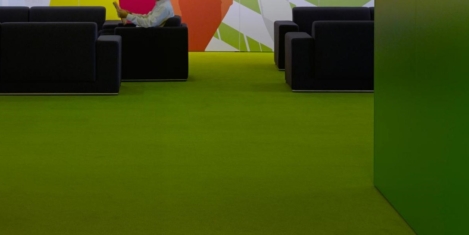





 Office rent in Oxfordshire has shot up an eye-watering 24.3 percent in a year, with
Office rent in Oxfordshire has shot up an eye-watering 24.3 percent in a year, with 









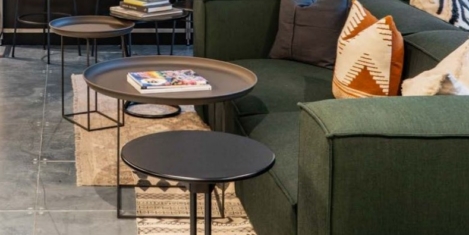
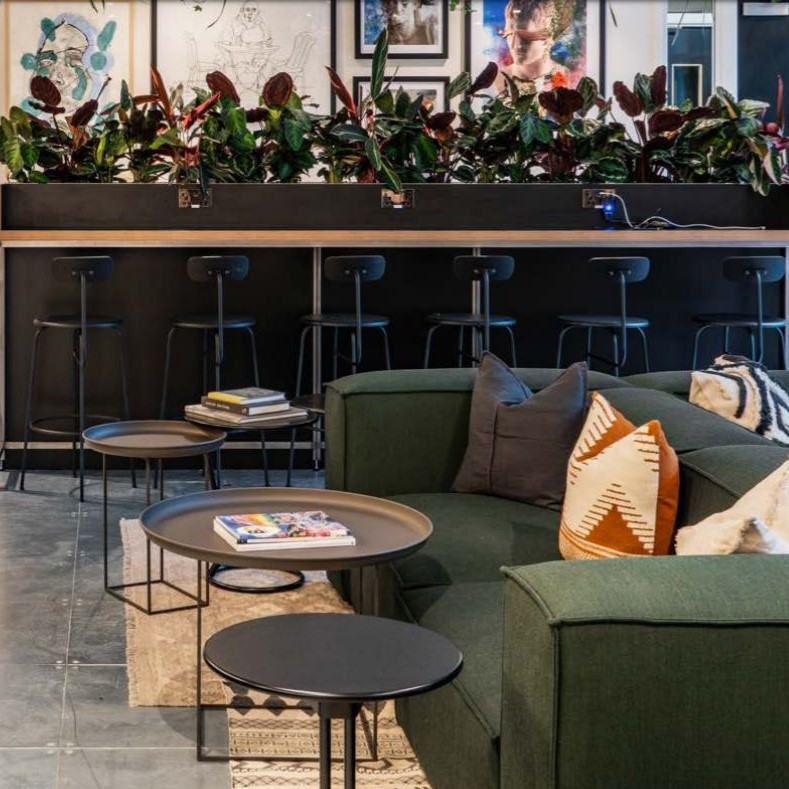
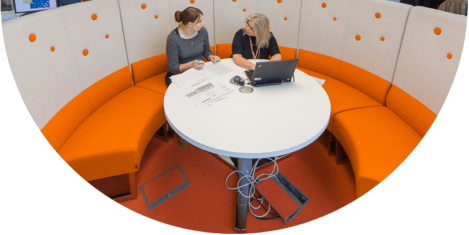
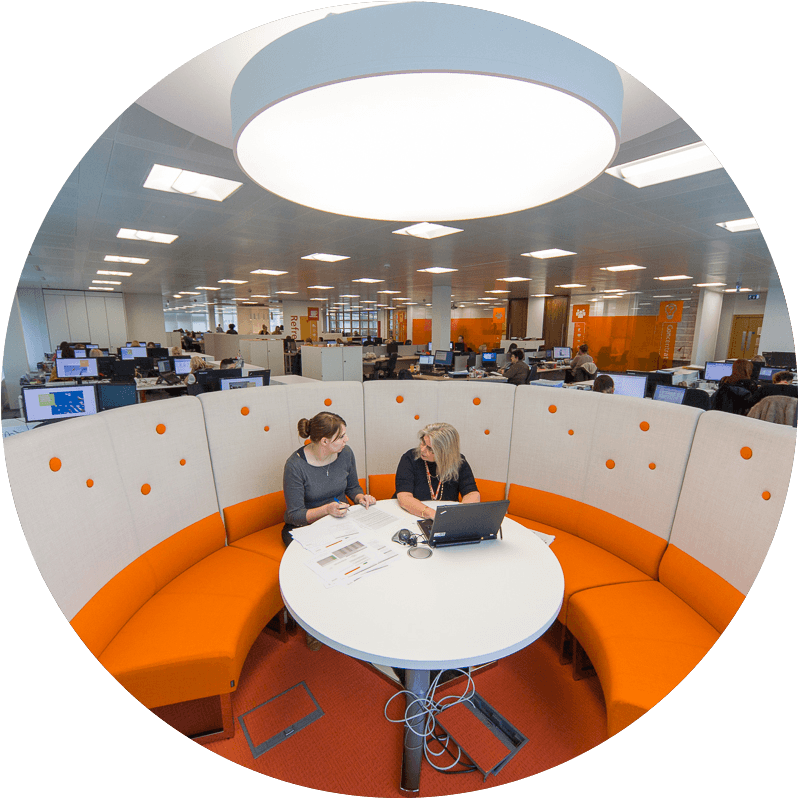









May 15, 2020
What the humble avocado can teach us about why we will always work in offices
by Mark Eltringham • Comment, Facilities management, Flexible working, Technology, Workplace